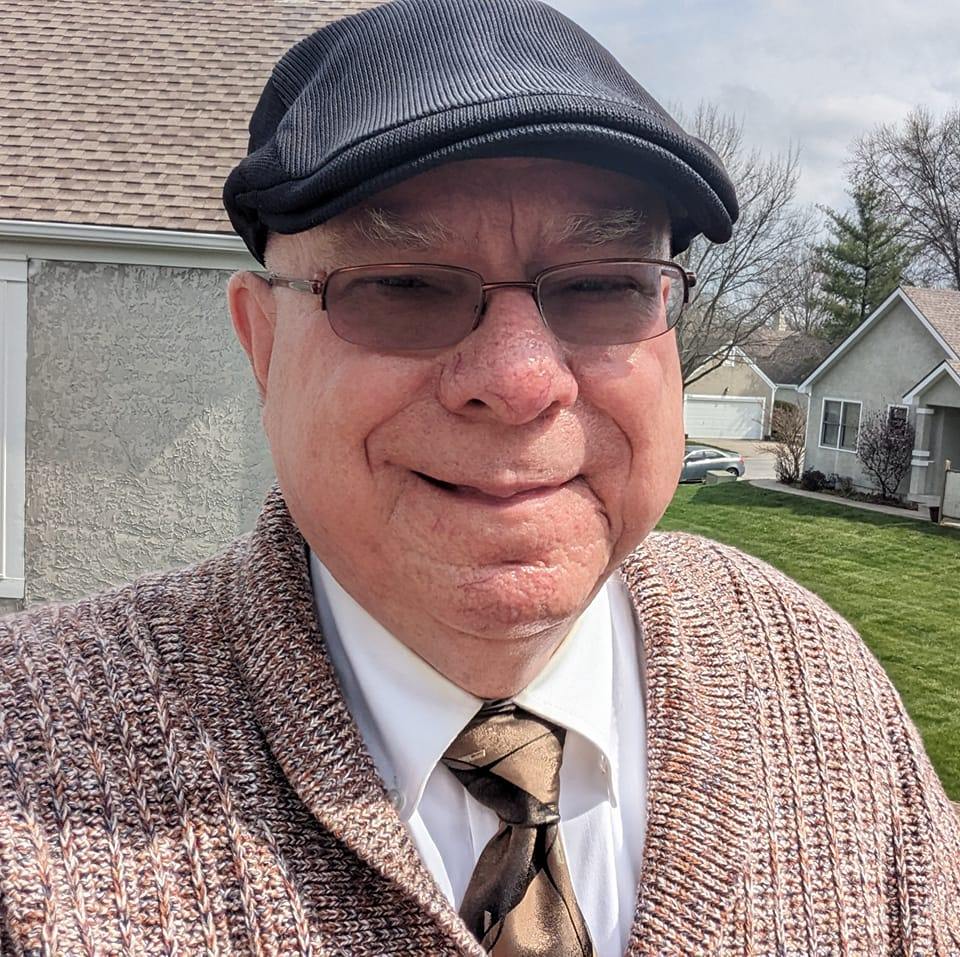 “If therefore you are presenting your offering at the altar, and there remember that your brother has something against you, leave your offering there before the altar, and go your way; first be reconciled to your brother, and then come and present your offering.”(Matthew 5:23, 24)
“If therefore you are presenting your offering at the altar, and there remember that your brother has something against you, leave your offering there before the altar, and go your way; first be reconciled to your brother, and then come and present your offering.”(Matthew 5:23, 24)
The Power of Making Amends
A rescue mission counselor asked me to talk with a man who had returned to their recovery program for the third time. Despite completing their program twice, he was unable to remain sober for more than a few months. Not too far into our discussion, I recognized he had not been able to develop the healthy sort of relationships essential for continued growth in recovery. Fearful of becoming too involved with others, he could not experience the joy of meaningful, fulfilling relationships. I asked him, “Have you ever done the 8 & 9 Steps?” His answer of “No” made perfect sense. Like many newly recovering people, he still carried a load of guilt and remorse from unresolved past relationships. Thus, he could not move forward with confidence to make new intimate relationships. He needed to clean up the residue of his past first.
Homeless addicts are the loneliest people in the world. Their destructive behavior alienates those who care about them. They come to rescue mission recovery programs with long trails of broken relationships. When they find sobriety, their minds clear up and their thoughts naturally turn toward their loved ones. They tend to be filled with all sorts of guilt, shame and remorse over the loss of these significant relationships. So, mission programs can offer real healing by helping these people become restored to family members and others they have hurt.
Some very practical guidance to do this is found in the Twelve Step approach to recovery:
Step Eight – Made a list of all persons we had harmed and become willing to make amends to them all.
Step Nine – Made direct amends to such people wherever possible, except when to do so would injure them or others.
These important “therapeutic exercises” are also an essential dimension of Christian discipleship. The 12 Steps, in essence, bring recovering people through a process of progressive humbling. Each successive step is a deeper opportunity to forgo ego for the sake of doing what is right. This starts by humbling themselves by admitting they have an addiction that they cannot overcome by themselves. Then, they are called to humble themselves before God and to turn their lives and wills over to Him. Steps 4 & 5 involve a further humbling experience; sharing the “exact nature of our wrongs” with another trusted human being. (See James 5:16). And finally, Steps 8 & 9 involve an even more difficult proposition, going to those who have been harmed and sincerely attempting to restore those relationships by making amends.
What are amends? According to the Serenity New Testament they are:
- Sincere efforts to offer apology for past harm.
- Wonderful bridge-builders for more positive future relationships.
- Effective agents for removing the tremendous weight of guilt, shame, and remorse. *
Along with a verbal apology and recognition of the hurt and wrong afflicted, some sort of restitution may be necessary. This could involve a repayment of money or some other gesture intended to restore losses from individuals that were harmed.
The process of making amends actually starts early in the 12 Step process. A written inventory of one’s most troubling sins and character defects is developed in the Fourth Step. This sets the stage for Steps 8 and 9 because most items listed involve harm done to others. Step 5 is also essential. It helps addicts to more fully understand what is means to really repent of one’s sins. Sharing the personal inventory with another person also helps them to experience more deeply God’s forgiveness. This is absolutely essential if they are to move toward repairing the damage they have done to their relationships with others.
Read the Power of Making Amends (Part 2)
* This excerpt is from fhe Serenity New Testament (Thomas Nelson Publishers, Nashville, TN, 1982).


 According to the
According to the  I grew up in an alcoholic family. Both my father and my mother came from alcoholic homes, too. Because I grew up in such a very chaotic home, I was running the streets from an early age.
I grew up in an alcoholic family. Both my father and my mother came from alcoholic homes, too. Because I grew up in such a very chaotic home, I was running the streets from an early age.

